Yesterday the latest issue of the Nepal Journal of Epidemiology carried our paper ‘A survey of Post-Traumatic Stress Disorder, Anxiety and Depression among Flood Affected Populations in Kerala, India‘ [1]. This paper was co-authored by two Faculty of Health & Social Sciences (FHSS) Visiting Faculty, namely Prof. Padam Simkhada (in the School of Human & Health Sciences at the University of Huddersfield) and Dr. Brijesh Sathian (in the Geriatrics & Long-term Care Department at Rumailah Hospital, Qatar). This study is longer-term follow-up of the 2018 floods in Kerala. The authors conducted a cross-sectional household survey between November 2019 to January 2020 in one district of Kerala with adults who had been directly exposed to the 2018 flood. The paper concludes that the vast majority of respondents (92% of women & 87% of men) still showed sub-clinical psychiatric symptoms one year after the flood. An earlier paper had argues for further research in India to explore “the long-term sequelae of catastrophic floods on physical and mental trauma on disaster-affected populations” [2].
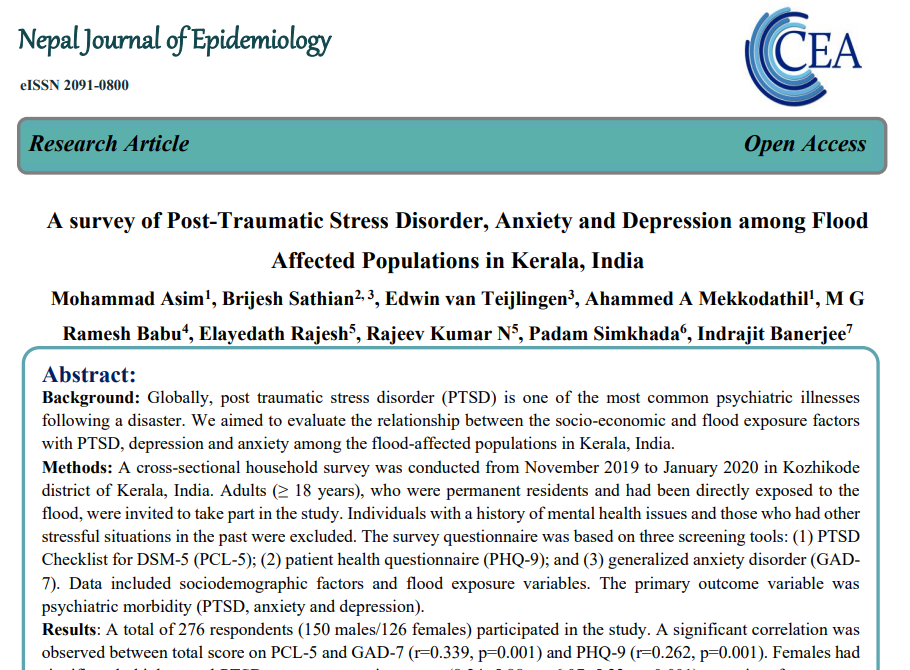
Prof. Edwin van Teijlingen
Centre for Midwifery, Maternal & Perinatal Health (CMMPH)
References:
- Asim, M., Sathian, B., van Teijlingen, E., Mekkodathil, A. A., Babu, M. G. R., Rajesh, E., Kumar, R. N., Simkhada, P., & Banerjee, I. (2022). A survey of Post-Traumatic Stress Disorder, Anxiety and Depression among Flood Affected Populations in Kerala, India . Nepal Journal of Epidemiology, 12(2), 1203–1214. https://doi.org/10.3126/nje.v12i2.46334
- Asim, M., Mekkodathil, A., Sathian, B, Elayedath, R., Kumar N.R., Simkhada, P., van Teijlingen, E. (2019) Post-Traumatic Stress Disorder among the Flood Affected Population in Indian Subcontinent, Nepal Journal of Epidemiology 9(1): 755-758. https://www.nepjol.info/index.php/NJE/article/view/24003




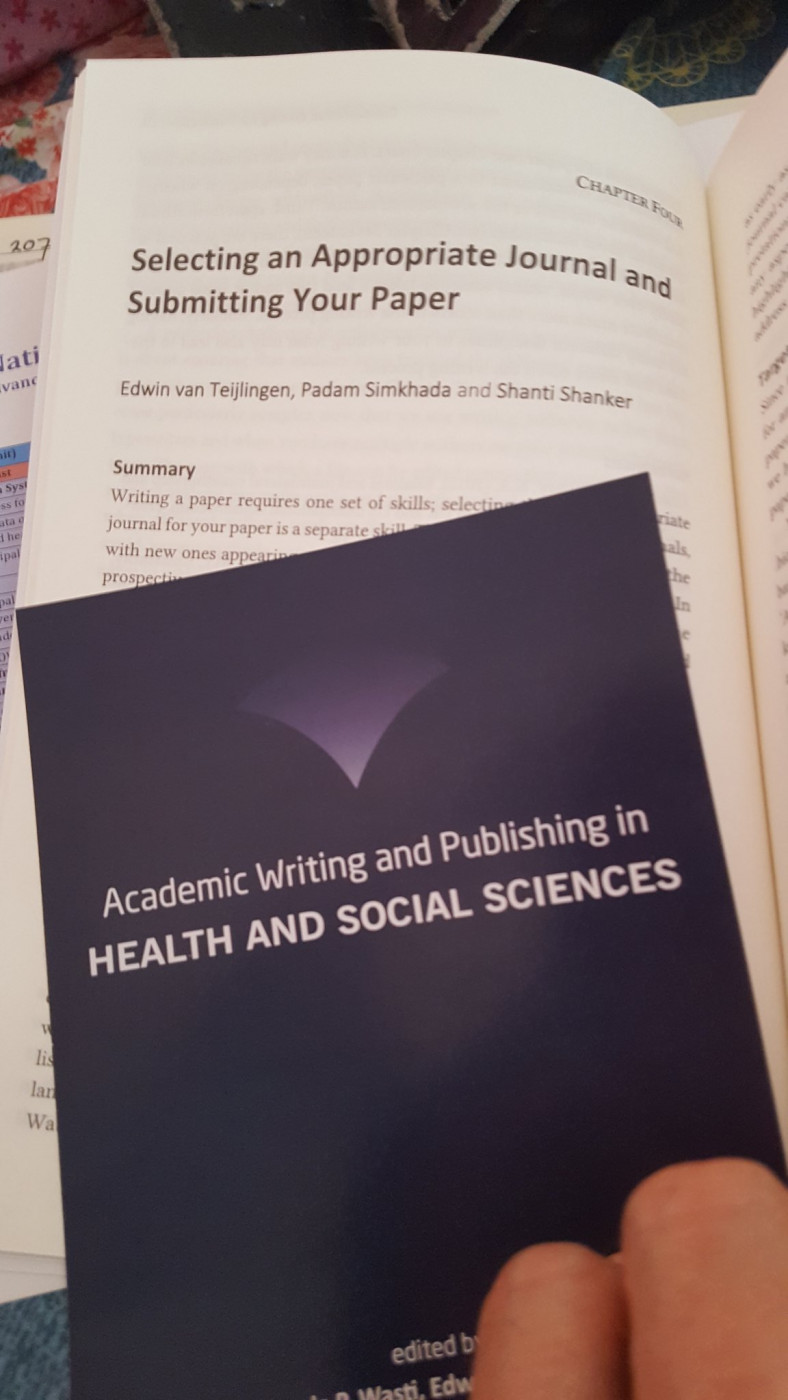


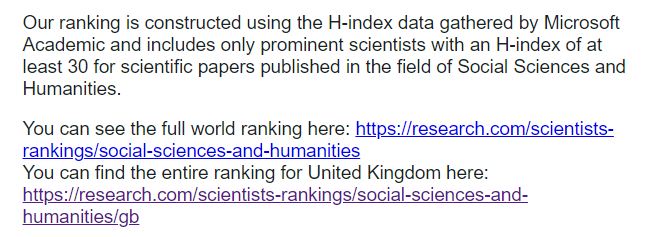
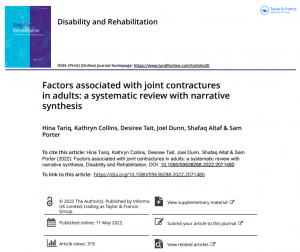







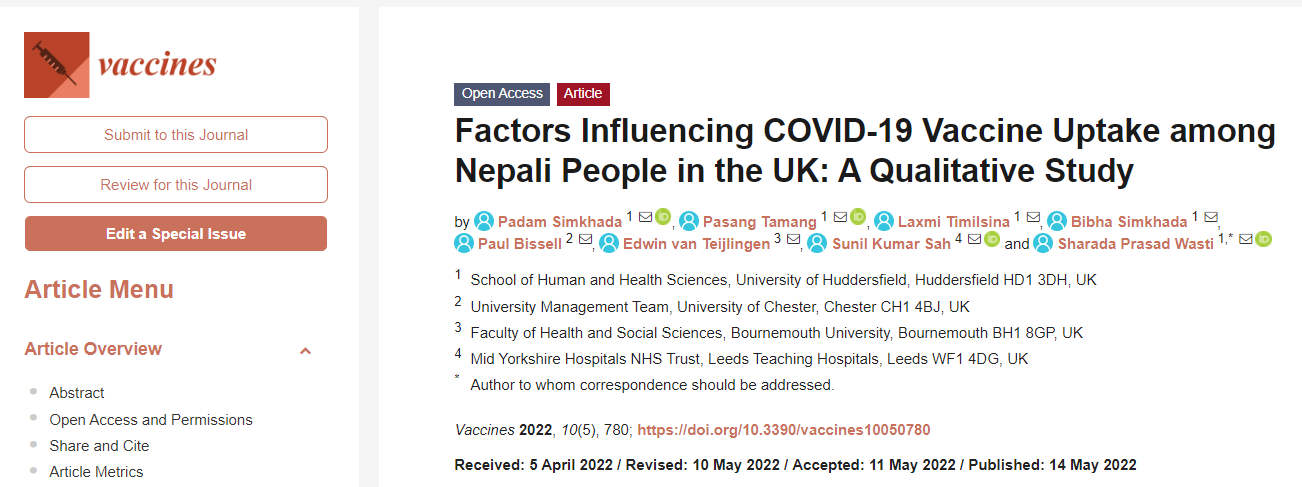


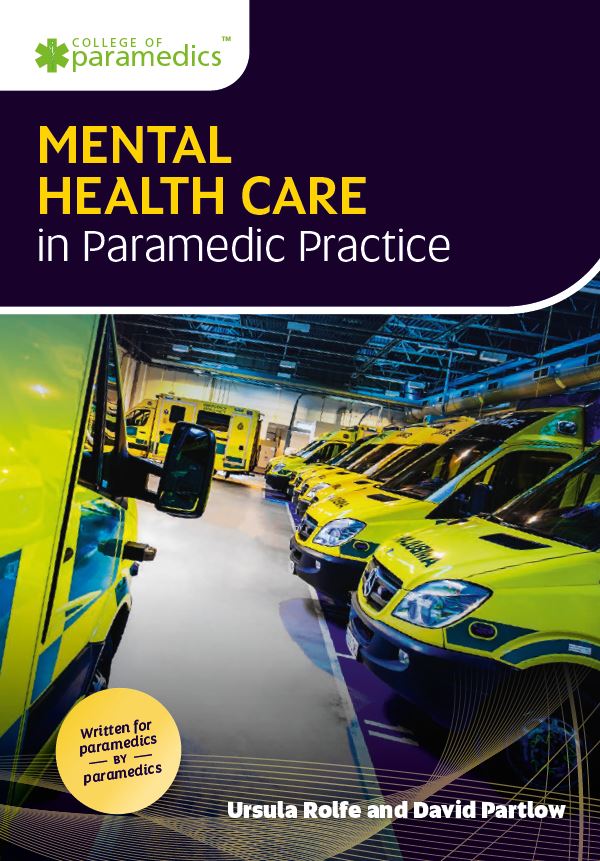
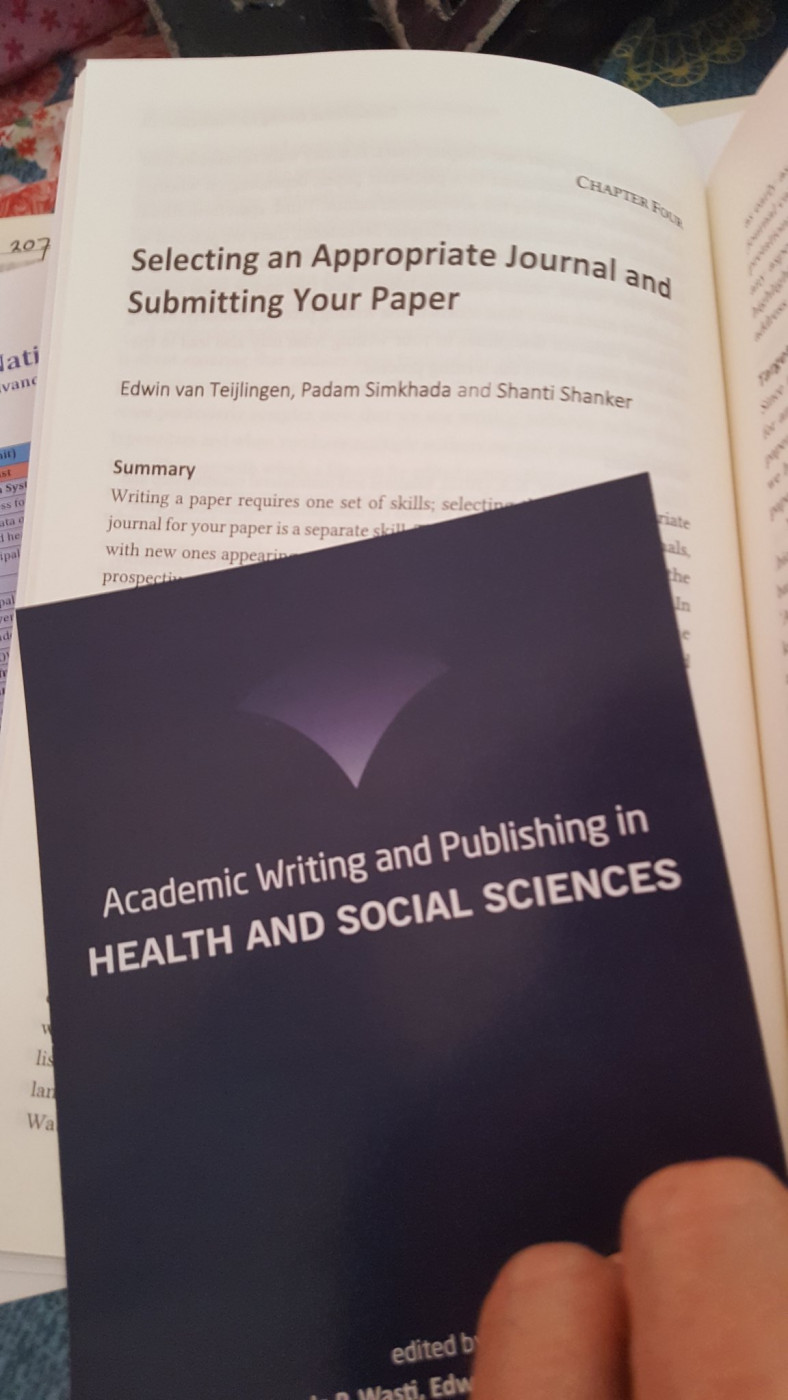

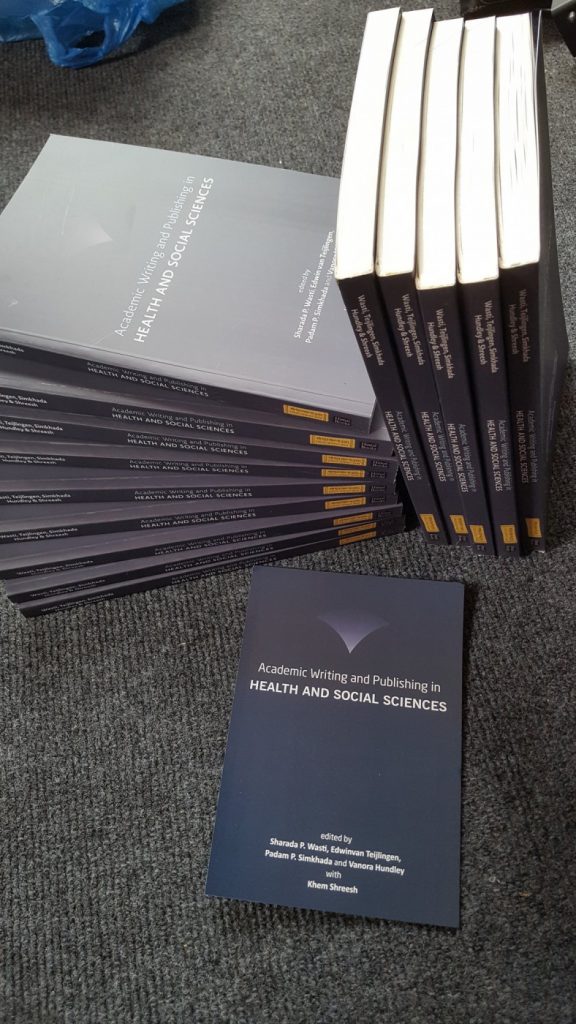
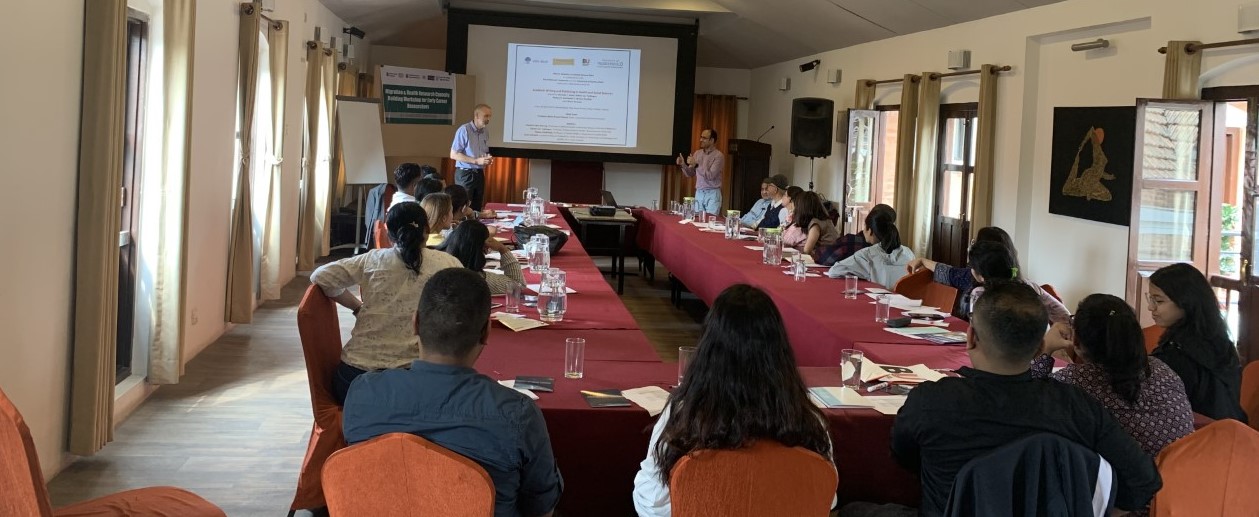


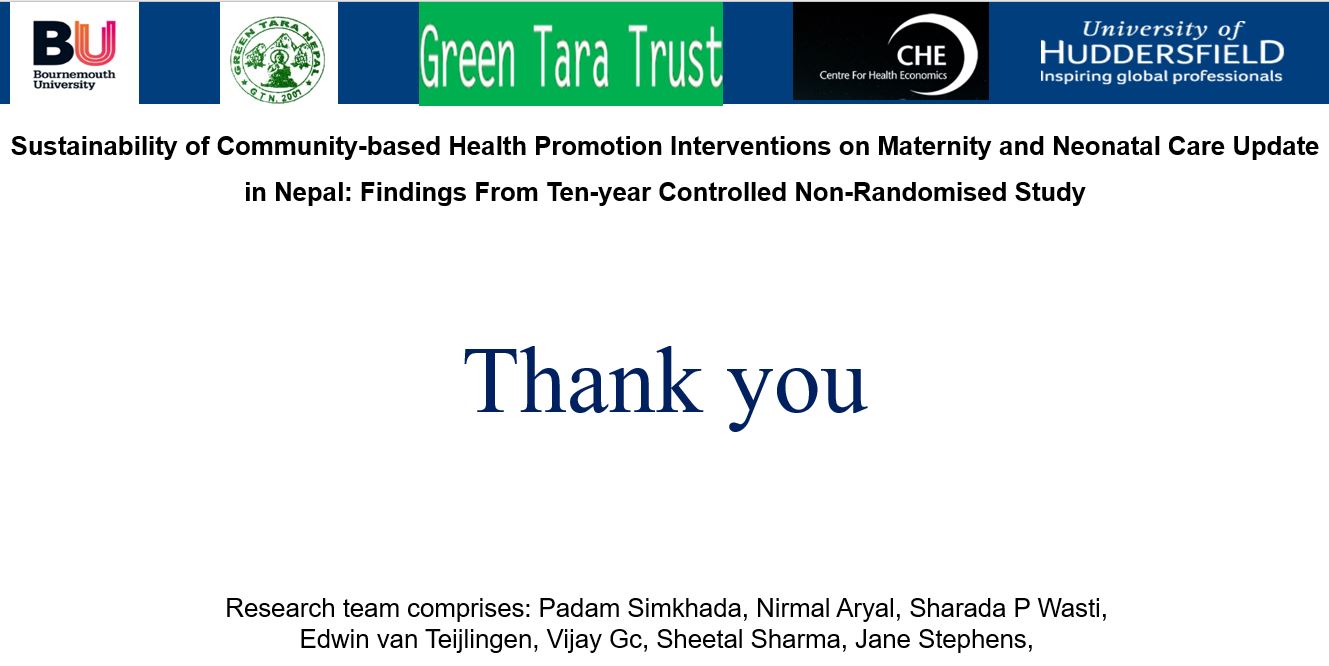
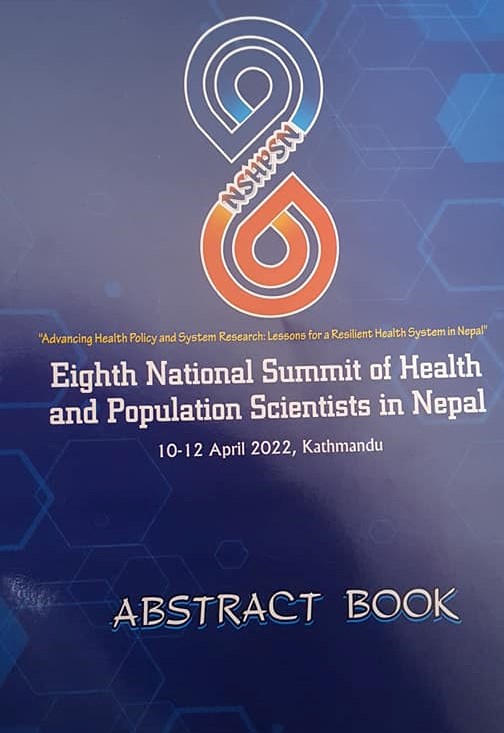
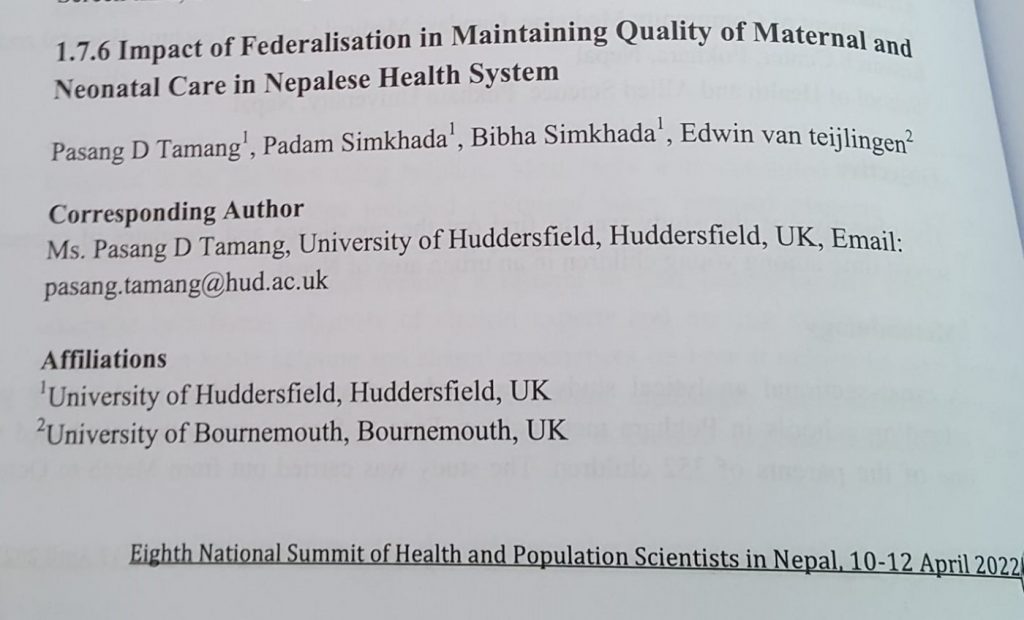
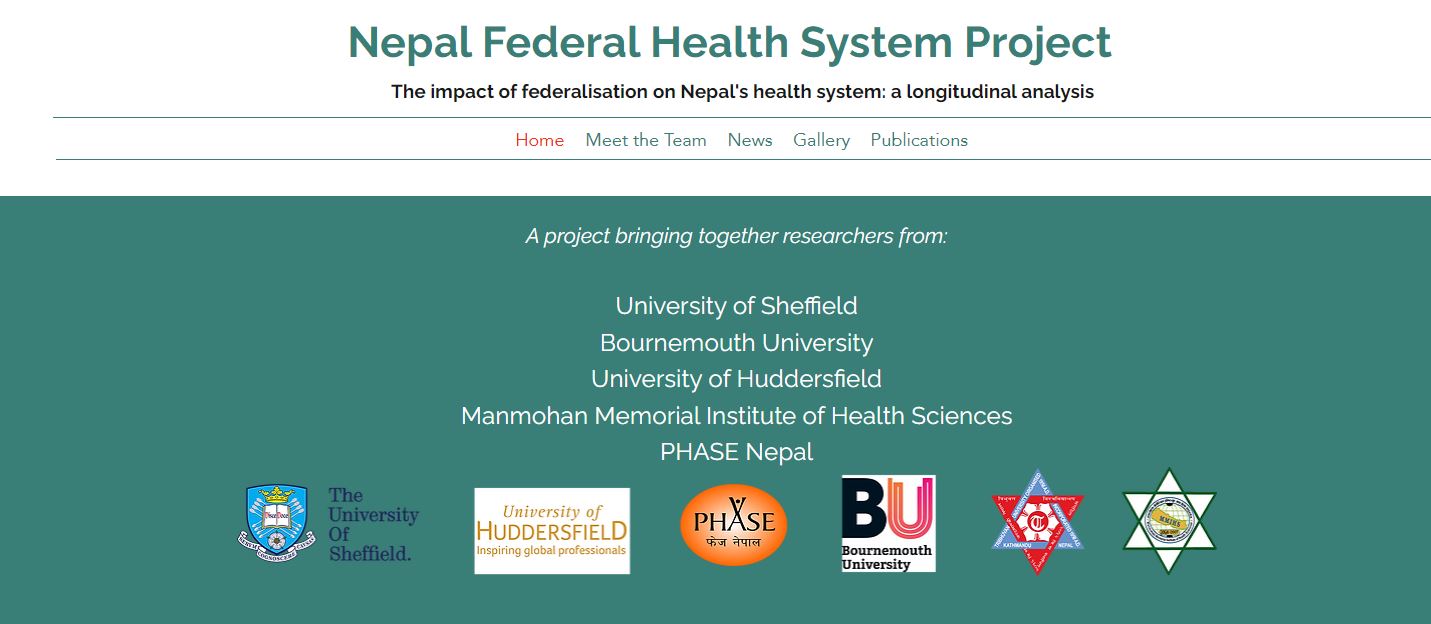
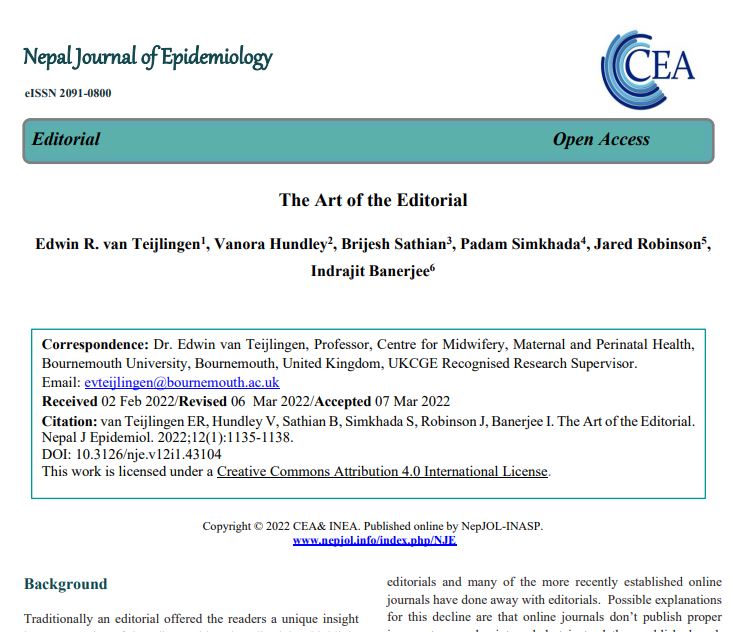













 New CMWH paper on maternity care
New CMWH paper on maternity care From Sustainable Research to Sustainable Research Lives: Reflections from the SPROUT Network Event
From Sustainable Research to Sustainable Research Lives: Reflections from the SPROUT Network Event REF Code of Practice consultation is open!
REF Code of Practice consultation is open! ECR Funding Open Call: Research Culture & Community Grant – Apply now
ECR Funding Open Call: Research Culture & Community Grant – Apply now ECR Funding Open Call: Research Culture & Community Grant – Application Deadline Friday 12 December
ECR Funding Open Call: Research Culture & Community Grant – Application Deadline Friday 12 December MSCA Postdoctoral Fellowships 2025 Call
MSCA Postdoctoral Fellowships 2025 Call ERC Advanced Grant 2025 Webinar
ERC Advanced Grant 2025 Webinar Update on UKRO services
Update on UKRO services European research project exploring use of ‘virtual twins’ to better manage metabolic associated fatty liver disease
European research project exploring use of ‘virtual twins’ to better manage metabolic associated fatty liver disease